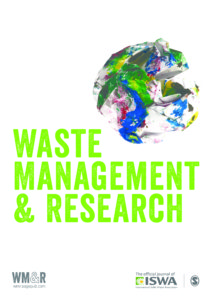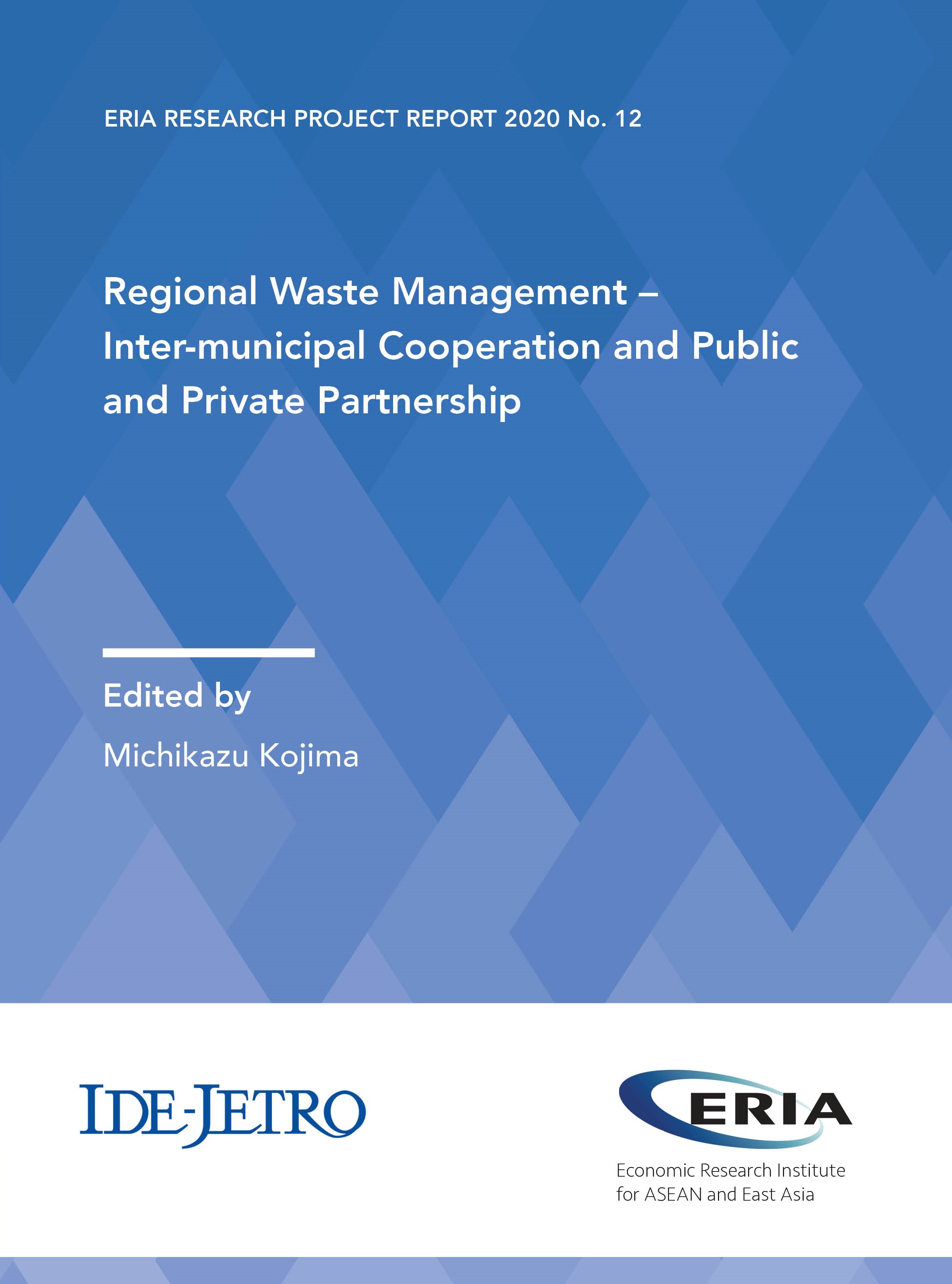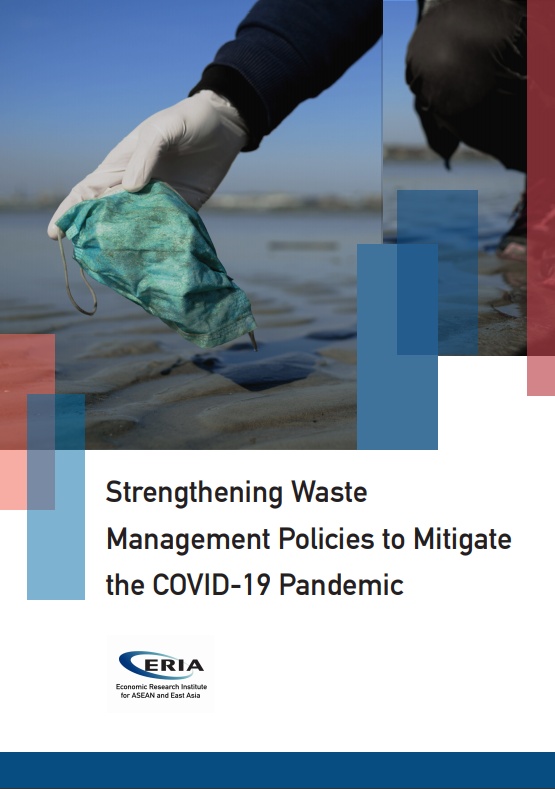Applying the Extended Producer Responsibility Towards Plastic Waste in Asian Developing Countries for Reducing Marine Plastic Debris

Date:
28 April 2021Category:
Environment and Climate Change, Journal ArticlesType:
Journal ArticlesTags:
marine plastic debris, waste management, extended producer responsibilityPrint Article:
About the Journal
Name of Journal: Waste Management & Research: The Journal for a Sustainable Circular Economy (WM&R)
Publisher: SAGE Publications
Date of publication: 28 April 2021
Issue: Special Issue on Plastic Waste
Page: 1-13
Link: https://doi.org/10.1177/0734242X211013412
Authors
- Hendro Putra Johannes, Economic Research Institute for ASEAN and East Asia, Jakarta, Indonesia
- Michikazu Kojima, Economic Research Institute for ASEAN and East Asia, Jakarta, Indonesia
- Fusanori Iwasaki, Economic Research Institute for ASEAN and East Asia, Jakarta, Indonesia
- Ellen Putri Edita, Economic Research Institute for ASEAN and East Asia, Jakarta, Indonesia
Abstract
The extended producer responsibility (EPR) has been adopted in many countries throughout the world to give producers responsibility to manage their products until the post-consumer stage. On many occasions in developing countries, the system is mostly implemented for electronic waste. However, with the rising concern on the marine plastic issue, developing countries, including those in Asia, have started to apply EPR for package and container waste. In practice, developing countries show significant differences in their EPR implementation compared with developed ones due to contrasting conditions of several factors, including social, economic and technology. This article aims to explore the challenges of developing countries to apply EPR as well as determine possible measures to overcome the challenges. Results show that applying EPR system for plastic waste in developing countries faces many challenges, such as the existence of a market-based collection system of recyclables, high transportation cost, lack of waste collection services in rural areas, a limited number of facilities to manage certain types of plastic waste, insufficient pollution control and free riding and orphan products. The challenges, furthermore, can be minimised by differentiating the responsibility of producers, focusing on rural and remote areas, involving informal sectors, creating joint facilities in recycling parks, expanding waste management collection services, increasing the use of EPR and minimising free riding.




